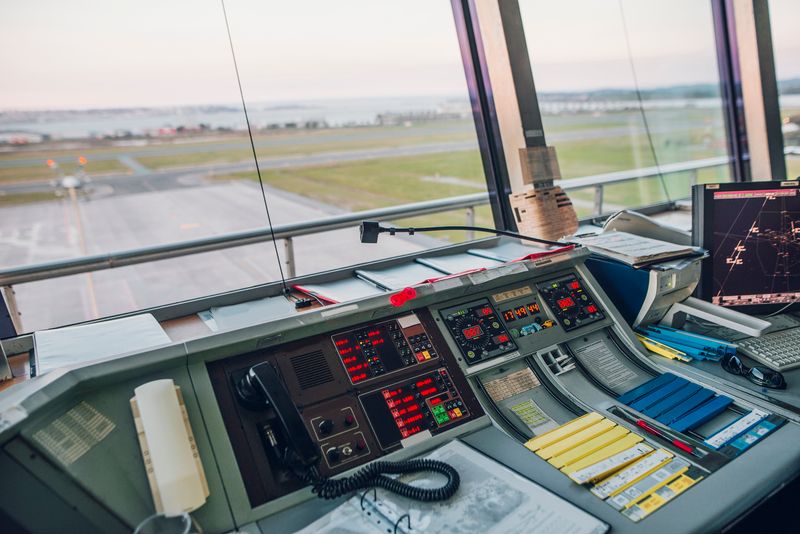Copyright tribuneindia

Days after a major Air Traffic Control (ATC) failure at Delhi’s Indira Gandhi International Airport disrupted over 800 flights and caused several cancellations, aviation engineers have written to the Civil Aviation Ministry, warning that the incident exposed years of systemic neglect and outdated systems within the Airports Authority of India (AAI).In a letter sent on Sunday to the Minister of Civil Aviation, Gautam Yogendra, Chief Coordination Member of ATSEPA (India), the association representing Communication, Navigation and Surveillance (CNS) engineers, said the latest crisis “has once again highlighted a long-standing and serious concern repeatedly raised by ATSEPA (INDIA): the neglect of CNS infrastructure and the continuous sidelining of technical inputs provided by CNS engineers to AAI leadership.”The letter, marked to the Secretary, Ministry of Civil Aviation, the AAI Chairman, and Member (Air Navigation Services), referred directly to the disruption at Delhi Airport, saying: “Despite early warnings, proposals, and continuous representations, CNS system upgradation, redundancy creation, and proper deployment of trained engineers have not been taken up with the urgency required for a 24x7 essential aviation service.”Calling the disruption a “Technology Failure, Not Manpower Shortage,” the letter read: “The crisis originated from outdated systems such as AMSS that lack redundancy and modern capability. Instead of acknowledging these core issues, public attention has been misdirected toward ATCO manpower, even though ATCOs already have more than sufficient strength.”It further said that the situation was worsened by the absence of readiness for manual fallback during automation breakdowns. “A critical concern observed during recent disruptions is that ATCOs remain heavily dependent on automated systems, and even in failure scenarios, manual fallback is often resisted or inadequately executed, leading to accumulation of errors and operational delays,” the letter said.“This is a direct consequence of over-reliance on automation without parallel strengthening of CNS infrastructure, manual procedures, and technical preparedness,” it added.ATSEPA (India) also criticised AAI for misusing skilled engineers by assigning them to non-technical roles. “AAl currently deploys highly trained CNS engineers in many non-technical or low-utility postings, while critical stations face shortages,” the letter said.“For a modern aviation system, it is essential that CNS engineers are deployed strictly for CNS functions; their technical inputs are incorporated at planning and procurement stages; modernised systems and redundancy are provided on priority; and training and skill-building are enhanced at par with global standards,” it said.In its closing appeal, the association made a series of formal requests to the Ministry, saying: “ATSEPA (INDIA) respectfully urges the Ministry to: 1. Initiate immediate CNS modernisation across major airports, with priority funding. 2. Direct AAl to incorporate CNS engineers’ recommendations while procuring or upgrading operational systems. 3. Ensure optimal utilisation of CNS manpower, avoiding their diversion to non-CNS roles. 4. Review ATM operational practices where reluctance to manual fallback and over-dependence on outdated automation has led to avoidable errors.”The letter concluded: “Sir, aviation safety today requires strong technology, competent technical manpower, and modern systems, not expansion of supervisory posts or narratives that shift focus away from real causes. ATSEPA (INDIA) remains committed to supporting the Ministry in building a reliable, modern, and resilient aviation infrastructure for the country.”Friday’s glitch, caused by a failure in the Automatic Message Switching System (AMSS) that supports flight plan data exchange between controllers, paralysed operations at India’s busiest airport. Airlines were forced to delay or cancel several flights, leading to widespread disruption and financial losses.



